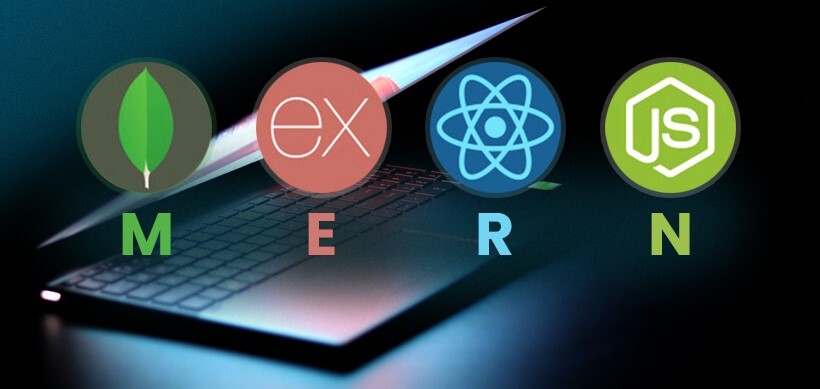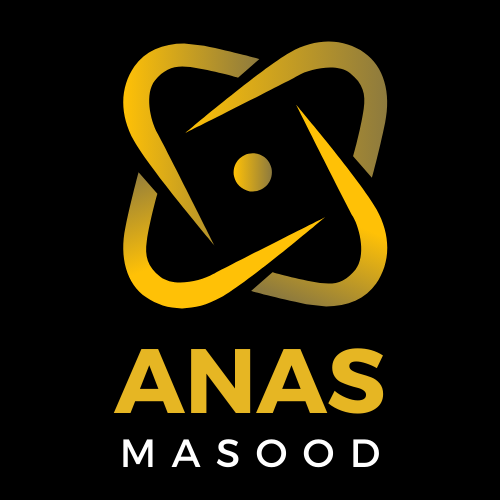
What is a MERN Full Stack Developer?
A web developer with expertise in implementing the MERN stack—MongoDB, Express.js, React, and Node.js—is known as a MERN stack developer. You should have a solid foundation in these technologies and a variety of other web development-related technical abilities if you want to succeed in this position.
Consulting with a leading MERN Stack developer is a good option for projects requiring a fast, agile development approach. Their proficiency with JavaScript technologies, such as Node.js and React, enables them to create an innovative, scalable online application.
7 Skills Required to Become a MERN Stack Developer
The following technical skills are necessary for a developer of the MERN stack:
1. MongoDB
MongoDB is a NoSQL database that uses documents with optional schemas that resemble JSON. Knowing how to store and manage data in MongoDB is crucial for MERN stack developers. These are the essential competencies:
- Designing databases: constructing schemas that take indexing and relationships into account while storing and retrieving data quickly.
- CRUD operations: Learn how to work with MongoDB collections by becoming proficient in the creation, reading, updating, and deletion of functionalities.
- Aggregation Framework: Use MongoDB’s robust aggregation framework efficiently for data transformation, analysis, and querying.
- Indexing: Putting indexes in place to enhance query efficiency.
- Replication and Sharding: Guaranteeing scalability and availability of data.
2. Express.js
With strong functionality for both web and mobile applications, Express.js is a simple and adaptable Node.js web application framework. Express.js is a component of the MERN stack and serves as the backend server framework. Important skills consist of:
- Middleware: The ability to process requests and answers using and creating middleware.
- Routing: Determining the application’s API endpoints and establishing and maintaining routes to accommodate client requests.
- Error Handling: Implement efficient error handling to keep an application stable and provide seamless user experiences.
- Security Practices: Using HTTPS, session management, input sanitization, and other recommended practices to make your application secure.
3. React.js
A JavaScript package called React.js is useful for creating interactive user interfaces, especially for single-page applications. React manages the frontend for the MERN stack. Essential skills consist of:
- Component-Based Architecture: Creating UI components that are reusable and maintainable to encourage a modular development methodology.
- State management: Managing and sharing state throughout the application using state management frameworks like Redux, context API, and hooks (useState, useEffect).
- Virtual DOM: Understanding its operation will help ensure a responsive user interface and maximize rendering performance.
- React Router: Using client-side routing to build an application on one page.
- Testing: Write unit and integration tests for React components using tools like Jest and React Testing Library.
4. Node.js
Node.js is a JavaScript runtime based on the V8 JavaScript engine in Chrome. It enables server-side JavaScript execution. Using Node.js as a MERN stack developer would be best for creating scalable network applications. Important abilities consist of:
- Asynchronous programming: Using callbacks, promises, and async/await to write non-blocking code that effectively manages I/O activities.
- NPM (Node Package Manager): Employing and creating packages and managing project dependencies with NPM.
- Server-Side Scripting: Creating scripts to manage processes, communicate via networks, and interface with server-side file systems.
- Microservices and API Development: Creating RESTful APIs and knowing how to create and oversee microservices.
- Event-Driven Architecture: Using Node.js’s event-driven architecture, asynchronous processes may be handled comfortably.
5. JavaScript
The foundation of the MERN stack is JavaScript, which powers Node.js server-side scripting, React.js frontend development, Express.js server-side scripting, and MongoDB queries. Essential skills consist of:
- ES6+ Features: Gaining proficiency with destructuring, template literals, async/await, spread/rest operators, and arrow functions—as well as other contemporary JavaScript features.
- DOM Manipulation: Developing dynamic and interactive web pages by manipulating the Document Object Model (DOM).
- Event Handling: Programming to effectively manage user interactions and other events.
- Prototyping and Inheritance: Learn how to design and extend objects in JavaScript and gain insight into prototypal inheritance.
- Functional Programming: Writing clear and manageable code is possible by using functional programming concepts.
6. HTML/CSS
HTML and CSS are important technologies for creating web pages. HTML delivers the structure, while CSS takes care of the presentation. Key skills include:
- Semantic HTML: Creating concise HTML code increases search engine optimization and accessibility.
- CSS Flexbox and Grid: Use modern CSS layout principles to create responsive and adaptable layouts.
- Preprocessors: To create stylesheets that are more effective and manageable, use CSS preprocessors like SASS or LESS.
- Responsive Design: Using responsive web design techniques to make sure apps function across a range of screens and devices is known as responsive design.
- CSS Frameworks: For faster development, become familiar with frameworks such as Bootstrap or Tailwind CSS.
7. RESTful APIs
RESTful APIs are an essential part of the MERN stack that facilitates communication between the client and the server. Key skills are:
- API Design: Designing RESTful APIs that are intuitive, well-documented, and easy to use, following best practices and standards.
- HTTP Methods: Understand and correctly use HTTP methods (GET, POST, PUT, DELETE) to perform operations on resources.
- Authentication and Authorization: Applying secure API endpoints using token-based authentication mechanisms like JWT (JSON Web Tokens).
- Versioning: Supervising multiple versions of an API to guarantee backward compatibility and smooth transitions.
- Testing and Documentation: Using technologies like Swagger, write thorough tests and document API endpoint documentation.
Final Note!
The key requirements to becoming a MERN stack developer are integrating several technologies and thoroughly understanding them smoothly. You can create reliable, scalable, and effective online applications by becoming proficient in JavaScript, HTML/CSS, React, Express, Node.js, and RESTful APIs. Moreover, you can succeed as a MERN stack developer by concentrating on these areas, regardless of where you are in your career or how you want to improve. Have fun with coding!
